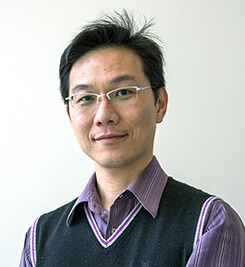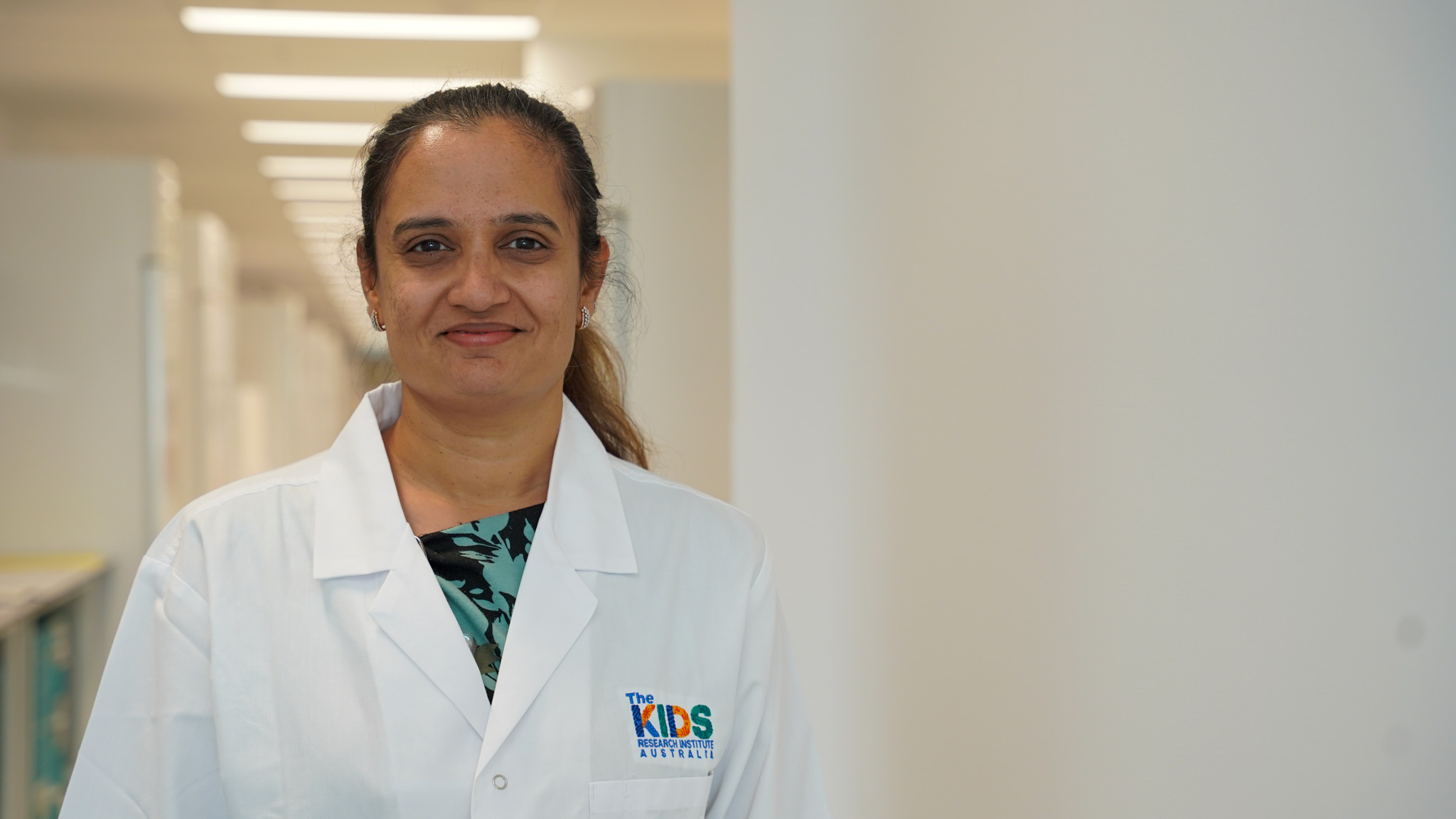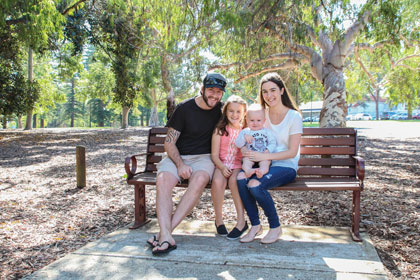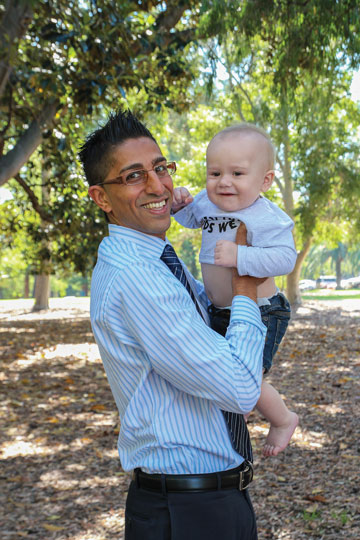Search
Research
Parental prenatal smoking and risk of childhood Acute Lymphoblastic LeukemiaThe association between parental smoking and risk of childhood acute lymphoblastic leukemia (ALL) was investigated in an Australian population-based...
Research
Interactions between acute lymphoblastic leukemia and bone marrow stromal cells influence response to therapyThe cure rate for pediatric patients with B precursor acute lymphoblastic leukemia (pre-B ALL) is steadily improving, however relapses do occur despite...
Research
Western Australian children with acute lymphoblastic leukemia are taller at diagnosis than unaffected children of the same age and sexAcute lymphoblastic leukemia (ALL) is the commonest childhood malignancy in Australian children
Research
Risk of childhood acute lymphoblastic leukaemia following parental occupational exposure to extremely low frequency electromagnetic fieldsRisk of childhood acute lymphoblastic leukaemia following parental occupational exposure to extremely low frequency electromagnetic fields British Journal..
Research
CD8α+ DCs are not the sole subset cross-presenting cell associated tumor antigens from a solid tumorCD8α+ DCs are not the sole subset cross-presenting cell associated tumor antigens from a solid tumor


News & Events
Brain Cancer Awareness Month Q&A: Dr Hetal Dholaria’s vital work for WA KidsEach year in Australia, around 120 children are diagnosed with brain cancer, the leading cause of cancer-related death in young people.

News & Events
Cheeky Jackson heads home after 7.5 month nightmareMichelle Pianta knew deep down something was very wrong with her seven-and-a-half month old son Jackson as she waited at Bunbury Hospital for his blood results.

News & Events
Drug find could represent big win for our little patientsDr Rishi Kotecha knows too well the devastation of a leukaemia diagnosis in a child, treating children as a consultant at Princess Margaret Hospital.
News & Events
The goal of Project Childrens' Cancer is to discover new, less toxic therapiesThe goal of Project Children's Cancer is to discover new therapies that are more effective and less toxic to fight aggressive cancers in babies and children.
